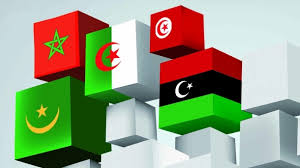
The Fraser Institute has unveiled its 2025 report evaluating economic freedom across 165 countries and territories. Four African nations made it into the top 100 — with Morocco representing the Maghreb region, ranked 94th with a score of 6.38 out of 10.
Mauritius, Seychelles, and Cape Verde complete the list, underlining the continent’s growing appeal for global investors.
The ranking is based on five key indicators: the role of government, property rights, monetary stability, trade openness, and regulatory environment.
Mauritius remains the continent’s best performer, securing the 21st spot globally with a score of 7.76. Seychelles follows in 31st place with 7.58, while Cape Verde ranks 44th with 7.44. These island economies continue to thrive on legal predictability, investor-friendly tax regimes, and open-market policies that sustain their competitiveness on the global stage.
Morocco’s inclusion at 94th place reflects a steady upward trend supported by ongoing fiscal reforms, modernization of the banking system, and policies aimed at improving the investment climate.
However, experts note that further progress will depend on deepening administrative simplification and reinforcing legal protections for entrepreneurs — areas still seen as constraints to business growth.
Over the past two decades, African economies have intensified reforms to strengthen their investment ecosystems. Rwanda and Ghana have prioritized administrative simplification to spur entrepreneurship. Kenya’s strong focus on digital innovation has attracted global technology firms, while South Africa has advanced legislation to protect foreign investors.
These initiatives align with the broader goals of the African Continental Free Trade Area (AfCFTA), which seeks to promote regional integration and cross-border investment. The success stories of Mauritius, Morocco, Seychelles, and Cape Verde underscore the continent’s evolving economic landscape — one increasingly defined by reform, resilience, and global engagement.
The Fraser Institute’s annual index continues to serve as a benchmark for policymakers and investors seeking to measure competitiveness and identify emerging opportunities in developing markets.



